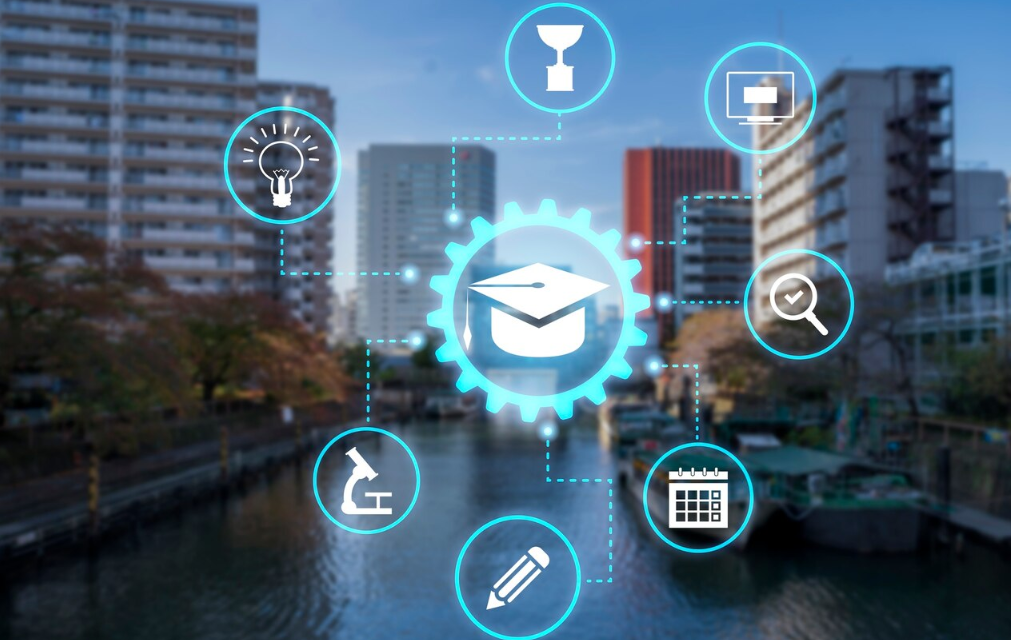Predicting the future of technology is a tricky game. Some forecasts age like fine wine—others like milk. But with the rapid acceleration of innovation, 2050 might be more high-tech than science fiction ever imagined. Here’s a look at 10 realistic tech predictions for the year 2050 that just might come true.
1. Brain-Computer Interfaces (BCIs) Will Be Mainstream
By 2050, we may no longer need keyboards or touchscreens. Brain-computer interfaces could allow us to control devices using only our thoughts. From typing emails to navigating virtual spaces, direct neural interaction will redefine human-computer relationships. Companies like Neuralink are already paving the way.
2. Personal AI Assistants Will Be Fully Autonomous
Forget Siri and Alexa. By mid-century, your personal AI assistant might manage your schedule, finances, health, travel—and even anticipate emotional needs. These assistants will learn from you continuously and evolve to become true digital companions, operating independently across platforms and devices.
3. Cities Will Be Fully Smart and Self-Regulating
Urban centers will run on integrated networks of sensors and AI systems that manage traffic, energy, water, and waste in real time. Imagine zero-traffic jams, automated maintenance, and dynamic zoning that adapts to daily life patterns. Smart cities will optimize comfort, efficiency, and sustainability.
4. Space Travel Will Be Commercially Viable
By 2050, space tourism and colonization might not just be for billionaires. Advancements in propulsion, reusable rockets, and off-planet habitats could make traveling to the Moon—or even Mars—a feasible experience for civilians. SpaceX, Blue Origin, and other players are already racing toward that reality.
5. 3D Printing Will Revolutionize Manufacturing and Medicine
Everything from cars to organs could be 3D printed on demand. Need a new kidney? A 3D-printed bioengineered version might be ready in hours. This tech will also disrupt construction, with entire homes printed in days, especially in developing regions.
6. Universal Language Translation Will Eliminate Language Barriers
Instant, real-time, and context-aware language translation will be embedded into AR glasses or contact lenses. No more struggling with foreign menus or dialects. You’ll hear or read any language in your native tongue, in real time, making global communication seamless.
7. Quantum Computing Will Solve Previously Impossible Problems
Quantum computers could move beyond laboratories and into real-world applications by 2050. They’ll crack complex problems in climate modeling, pharmaceutical development, cryptography, and more—things classical computers could never compute in a lifetime.
8. Augmented Reality Will Replace Smartphones
Forget looking down at screens—AR interfaces will surround us, blending digital information with the physical world. Need directions? They’ll appear right on the sidewalk. Want to call someone? Just gesture. AR glasses or lenses will be the next evolution of mobile tech.
9. Fully Autonomous Transportation Will Be the Norm
Cars, buses, drones, and even cargo ships will drive and fly themselves. Human error will be virtually eliminated from transit, and traffic systems will sync automatically. Expect a future with no steering wheels, fewer accidents, and AI-controlled logistics at every level.
10. Digital Consciousness and Life Extension Will Be Explored
By 2050, technology may begin to tackle digital immortality—backing up memories, thoughts, or personalities into the cloud. While full mind uploading may still be theoretical, life extension through biotech, gene editing, and AI diagnostics will be well underway.
Final Thoughts
The world of 2050 won’t just be more advanced—it will be fundamentally different. These predictions might sound bold, but each one is rooted in technologies already in development today.The future isn’t just coming—it’s being built, line by line, chip by chip. The only real question is: Are we ready for it?


